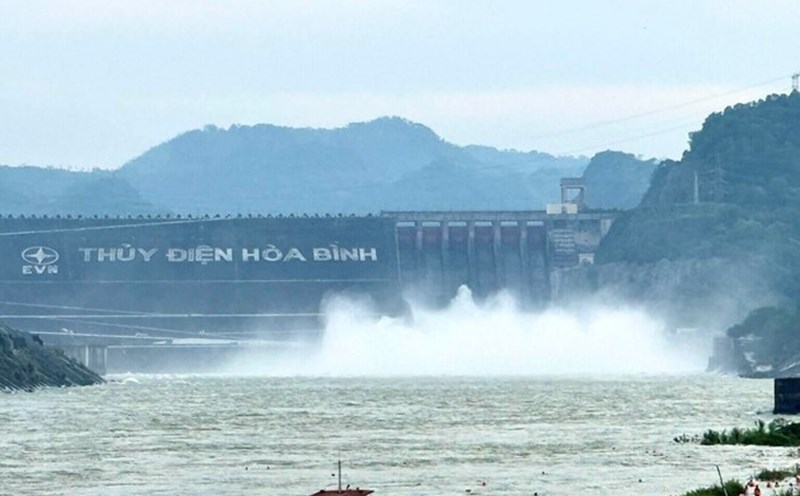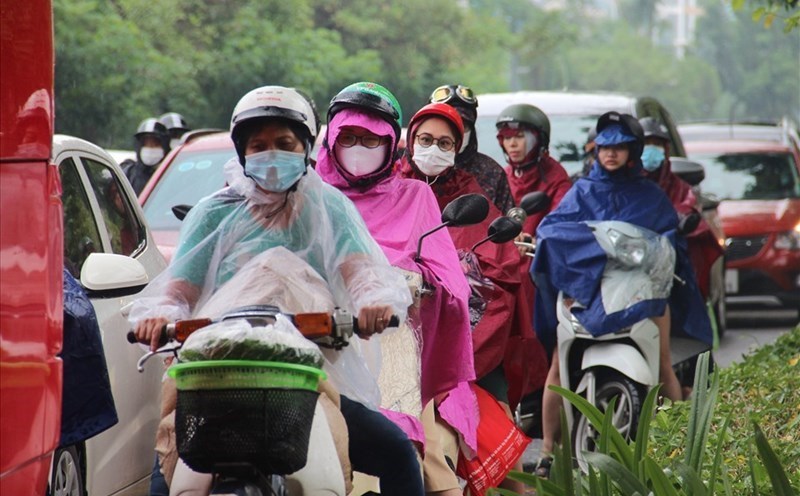The scene of hospitals in Thai Nguyen being deeply submerged in water, machinery being damaged, patients having to postpone cancer treatment or emergency surgery while storms and floods are a heartbreaking testament to the difficulties that the health sector faces in the context of natural disasters. However, the question is whether it is possible to delay emergency care and important treatment for patients, especially when floods disrupt medical examination and treatment?
One of the major challenges in treating patients during the storm and flood season is the flooding of hospitals and medical facilities, making it difficult to maintain health care services. Thousands of patients, from people with cancer who need radiotherapy to those who have to undergo emergency surgeries, are all delayed due to damaged facilities. Hospital isolation not only interrupts treatment but also puts patients in a dangerous condition, including serious cases that can lead to death if not treated promptly.
In the context of storms and floods, the provision of medical services is not only affected by facilities but also by a shortage of resources. Hospitals face shortages of electricity, water, and even food for patients and medical staff. This is a situation that needs to be overcome immediately. The government and the health sector need to urgently deploy support measures, ensuring that medical facilities are always ready to serve.
The necessary solution is to ensure that emergency work is not interrupted, even when traffic conditions and infrastructure are seriously affected. There should be backup plans for power outages, water outages and other incidents related to storms and floods. It is very important to move patients to nearer medical facilities or move medical staff to areas that need immediate support. Medical groups can use online consultation methods to quickly approach experts in urgent situations.
The key issue in all natural disaster situations is the inability to delay important emergency and treatment cases. Time is a decisive factor in saving the patient's life. Especially in cases such as cancer patients, emergency surgeries, or people with serious illnesses that need immediate treatment.
The health sector and authorities must focus on ensuring quick and effective response measures during the flood season. The Hanoi Department of Health's requirement for hospitals to ensure on-duty at 4 levels is to ensure support for treatment, overcoming the consequences of natural disasters and organizing weather monitoring to prepare for responding to bad situations. At the same time, hospitals need to prepare medicine, chemicals, and medical supplies to be ready to handle possible epidemic situations.
Deploying health protection measures and ensuring medical services in all situations is an undenerable task. Every moment can decide the life of a patient and there is no reason for us to ignore this important task.










